Commercial real estate developers used to have it easy. If a developer needed money for a project, he could easily approach any number of local or national banks seeking a loan with a high likelihood of approval. Today’s financing environment, however, is much tougher for developers in need of capital.
The major banks are pulling back from making big business loans. While smaller community banks will sometimes fill the gap, these banks often demand much tighter terms. For developers, more restrictive terms can be a serious problem.
Ely Razin, chief executive of CrediFi, a data provider that publishes quarterly data regarding commercial real estate lending in New York recently said: “You’ve got to be smarter about where you go to get money because it’s not as easy. There’s still money in the market, and there will continue to be money in the market, it’s just coming at somewhat more restrictive terms.”
Reports from CrediFi noted that Insurers, which are usually the most conservative lenders, have increased their market share in the commercial development space. At the same time, sales of mortgage-based securities, which have almost always been a funding source for small to medium commercial real estate projects, have fallen this year. The reasons for weakness in the MBS market may be a result volatility or concern regarding potential regulatory changes.
Among the top 10, commercial real-estate lenders in the second quarter of 2016 were reliable performers Prudential Financial, MetLife Inc. and American International Group Inc. (AIG). New York-based Signature Bank, which only serves private businesses, posted the highest numbers in the second quarter. Its performance displaced Deutsche Bank which had previously held the top spot.
Regulators have concerns about Deutsche Bank. Its exposure to “Brexit” and a $14 billion penalty it faces due to mortgage-backed securities litigation are the primary causes for concern. These issues may cast some uncertainty about Deutsche Bank’s future as a lender in the United States.
Ely Razin closed by saying: “What we’re seeing is a significant shift in the make-up and to some degree, therefore, the availability of commercial real-estate financing.”
While there may be a shift in how real estate developers and investors have to go about borrowing money, there ARE still options such as working with a private lender and/or obtaining alternative financing. For instance, Worth Avenue Capital has been providing commercial real estate loan options since 2008. Since we entered the market at a volatile time, we know how to work with businesses during times of uncertainty.
Small Balance Loans
Another issue that some commercial developers face with lending has to do with the size of the loan sought. When the developer finds a lender that does offer commercial real-estate financing, these private lenders may have a $1 or even $2 million minimum requirement. For the smaller or growing developer, this number may be much too high—or make qualifying impossible.
Worth Avenue Capital provides what are called small balance loans. These loans fill a much-needed niche. For the developer who needs funding for a project, yet may not require millions (or may not qualify for a loan of that size), small balance loans are an ideal solution. Worth Avenue Capital has a small balance loan program that is a great choice for the unique needs of small commercial and rental property borrowers. In fact, this type of loan could be exactly what it takes to get your project or business running at full speed.
At Worth Avenue Capital, we can help you find alternative financing solutions that get your project off the ground—even if a traditional loan or funding options won’t work for your project. If you would like more information about our alternative sources of capital, small balance loans or our more traditional lending options, feel free to call or contact us at any time. We look forward to working with you.
Recent Posts
Private Lending for Business Owners: Unlocking Liquidity Without Sacrificing Equity
Achieving business growth often requires more than strategy and determination. It requires access to capital. But with tightened credit markets making traditional bank...
Contractors and Private Capital: Financing Growth in Today’s Construction Economy
The construction industry is booming. Demand for new builds, renovations, and infrastructure projects remains high, but the cost of doing business has never...
Using Second Mortgages as Additional Collateral for Construction Loans
Over the past several months, WAC has provided financing for multiple construction projects where second mortgages were a critical part of the overall...

